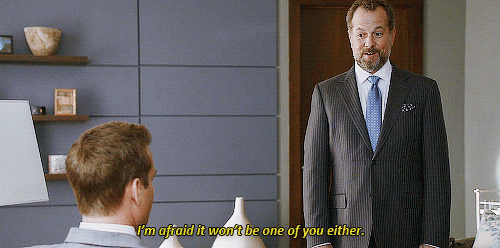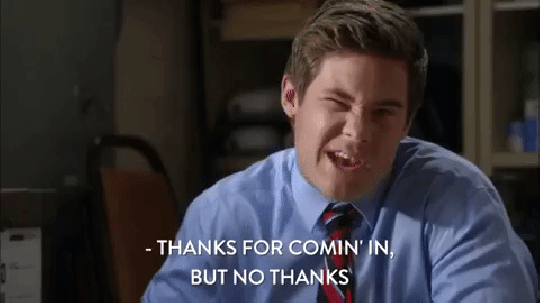Three years ago, when I quit my well-paying job and took a sabbatical, I was prepared for my relatives’ judgements.
What I wasn’t prepared for was the way the gap on my resume would be perceived by prospective hiring managers.

I wasn’t the first person to be considered an ‘unworthy’ candidate, simply because of a gap on the resume. I am certainly not the last. But, is it really the right approach?
Isn’t it time we normalize having gaps on a resume? Or, at the very least, don’t consider it to be an obvious red flag against a prospective candidate.

Not every gap on the resume can be quantified in terms of study leave or entrepreneurial projects. And the belief that an unexplained gap on a resume is an indication of a laidback attitude is illogical.

There can by myriad, perfectly logical, acceptable, and at times, unavoidable reasons why people may have gaps on their resumes.
A person may decide to take a break from work to look after an ailing family member, a newborn, or battle a life-threatening disease that made continuing a job impossible.

An employee may quit a company that does not value his or her time and talent, and may not instantly come across a suitable job.

Or an employee may simply take a break from a job to rejuvenate, and once again seek employment when needed.

Reasons like these can not necessarily be listed on a resume. That does not make them any less real.
A gap on the resume is not a good enough measure of a person’s capability or attitude towards work. A person who takes a break between jobs does not, necessarily, lack seriousness.

To reduce a person’s worth to just his or her resume is not only unfair to people but may also rob the company of an employee who could have been a real asset if only given a chance.
Hiring managers and teams need to understand that a person is more than his/her resume.

Yes, for certain companies, it may not be impossible to interview every candidate whose resume they come across.
But, to shortlist people because their resume can not justify every year from the time the ended school to the time they applied for the company is a myopic approach.

After all, the pandemic alone may leave many people without a job, and no future prospects. But, as the economy improves, job prospects should not continue to be unavailable for them.

Sometimes, a gap on the resume is a conscious decision. And at times, it’s due to a reason that an individual has no control over. In both cases, a prospective candidate should not be excluded from the selection process, simply because of a gap on the resume.
It’s time to devise better means for shortlisting/selecting candidates and to stop treating a gap on the resume as a red flag.

















